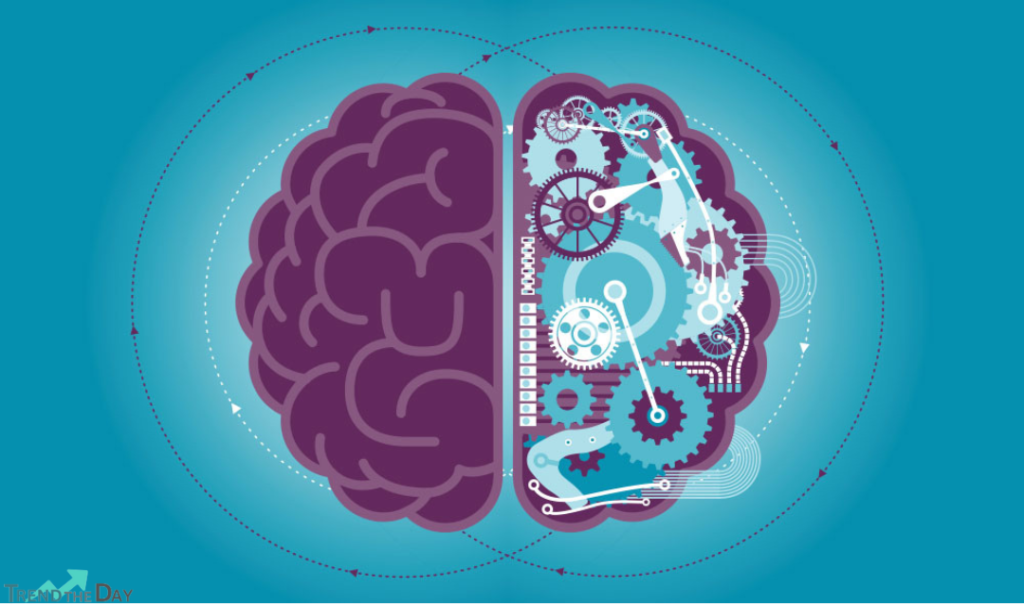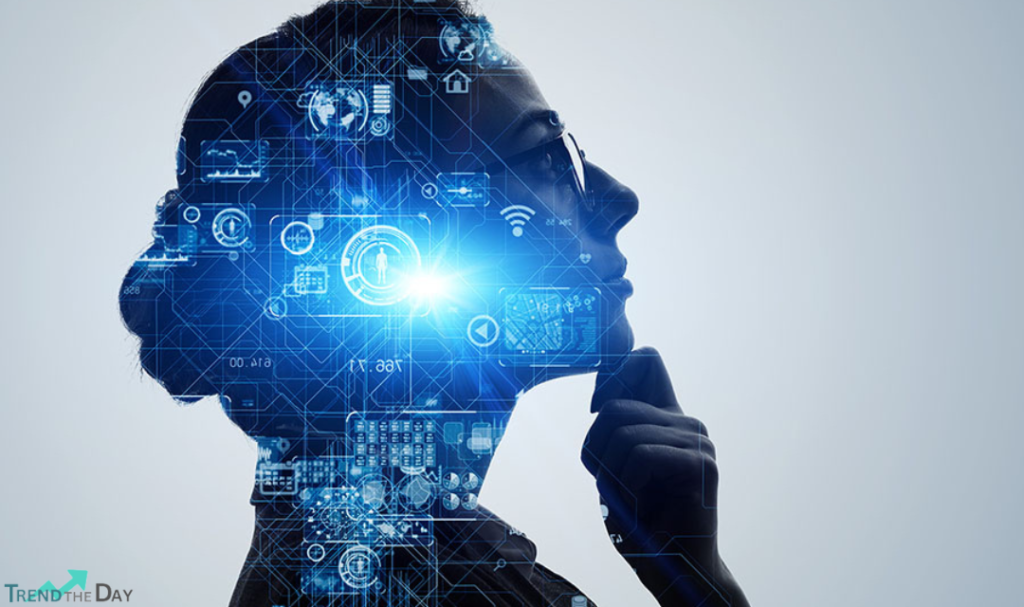In an era where technology continually blurs the line between the digital and physical world, Meta, formerly known as Facebook, is at the forefront of creating chatbots that bridge this gap by imbuing them with human-like personality traits. These chatbots, often referred to as “chatbots with personality,” represent a significant leap forward in the field of artificial intelligence and natural language processing. In this article, we will delve deeper into the development and implications of chatbots with personality, shedding light on the innovative strides being made by Meta in this domain.
The Evolution of Chatbots
Chatbots have come a long way from their rudimentary beginnings. Initially designed to handle simple tasks and provide basic information, they have evolved into sophisticated conversational agents capable of understanding context, responding intelligently, and even simulating human emotions. The advent of chatbots with personality takes this evolution to the next level.
What are chatbots with personality?
Chatbots with personality, as the name suggests, are AI-driven conversational agents that can express various emotions, moods, and traits in their interactions with users. Unlike traditional chatbots that often maintain a consistent tone, chatbots with personality can adapt their responses to match the user’s preferences, the conversation’s context, and even mimic human emotions such as empathy, humor, or curiosity.
How is Meta developing chatbots with Human-Like personality?

Meta’s journey into the realm of chatbots with personality is powered by a framework known as BlenderBot. BlenderBot is an open-source chatbot designed to blend different conversational skills, including knowledge, empathy, and humor, to create coherent and diverse interactions. It achieves this feat through a large-scale neural network model trained on billions of dialogues sourced from a multitude of platforms, including Reddit, Wikipedia, and Persona-Chat.
Taking the innovation a step further, Meta introduced BlenderBot 2.0. This enhanced version not only remembers previous conversations but uses them to personalize future interactions. Additionally, BlenderBot 2.0 can access and integrate real-time information from the web, ensuring that it remains updated and relevant. This feature is especially invaluable when handling complex topics and engaging in long-term dialogues with users.
Meta also developed PersonaGen, a tool that automatically generates personas for chatbots based on user input. PersonaGen can create realistic and consistent profiles for chatbots, including details such as names, ages, hobbies, likes, dislikes, and even distinct personalities. This tool enhances the chatbot’s ability to engage users on a personal level and build meaningful connections.
To know more about Meta AI :
https://trendtheday.com/meta-ai-the-social-media-revolution/
The Advantages of Chatbots with Personality
Chatbots with personality offer several compelling advantages over their more conventional counterparts:
1. Enhanced User Engagement and Satisfaction
The dynamic and adaptable nature of chatbots with personality creates more natural and human-like conversations, significantly improving user satisfaction and engagement. Users feel heard, understood, and emotionally connected during their interactions.
2. Personalized and Customized Experiences
By tailoring their responses to individual preferences and context, chatbots with personality offer highly personalized and customized experiences. This level of personalization can cater to specific user needs, making interactions more meaningful.
3. Trust and Loyalty Building
Building trust and loyalty with users is paramount in today’s digital landscape. Chatbots with personality, with their ability to exhibit empathy and understanding, excel in building rapport and trust, enhancing the user experience.
4. Increased User Retention and Return Rates
The memorable and enjoyable interactions facilitated by chatbots with personality encourage users to return frequently. Higher user retention and return rates are essential for businesses and platforms aiming for long-term success.

What are the limitations of chatbots with Human-Like personality?
However, it’s crucial to acknowledge that chatbots with personality also come with their own set of limitations and ethical considerations:
1. Accuracy and Reliability
Chatbots with personality may not always provide accurate or reliable information or advice. Users must exercise caution when relying on them for critical decisions.
2. Appropriateness and Ethical Expression
Ensuring that chatbots with personality express emotions and opinions appropriately and ethically can be challenging. Care must be taken to avoid promoting harmful content or attitudes.
3. Consistency and Coherence
Maintaining consistency and coherence in a chatbot’s personality and knowledge across various contexts and platforms can be a complex task. Developers must strive for continuity in user interactions.
4. Respect for Privacy and Diversity
Chatbots with personality should respect user privacy and cultural diversity. It’s crucial to avoid stereotypes and biases in their responses and interactions.
About the ethics of chatbots :
https://www.codecademy.com/article/ethics-of-chatbots
The Future of Chatbots with Personality
The future of chatbots with personality is both promising and intriguing. As technology advances and AI systems become more sophisticated, chatbots with personality are expected to:
- Learn and Adapt: These chatbots will continually learn from user feedback and behavior, enhancing their performance and quality over time.
- Collaborate: Chatbots with personality may collaborate with other chatbots or human agents to provide even better service and support to users.
- Generate Creativity: They could generate creative and original content or responses, offering entertainment and education beyond their current capabilities.
- Express Nuanced Emotions: Advancements in emotional intelligence will allow chatbots with personality to express complex and nuanced emotions that mirror user moods or states.

In essence, chatbots with human-like personality are poised to play a pivotal role in various domains, including social media, e-commerce, healthcare, education, entertainment, and more. They hold the potential to redefine human-computer interaction, creating memorable, immersive, and meaningful digital experiences.
Conclusion
Meta’s pursuit of chatbots with human-like personality is a testament to the ever-expanding boundaries of AI and technology. These AI-driven agents are not just tools; they are companions, entertainers, educators, and sources of support. As we navigate the intricate dance between humans and machines, chatbots with personality are set to lead the way into a future where digital interactions are more human than ever before.
